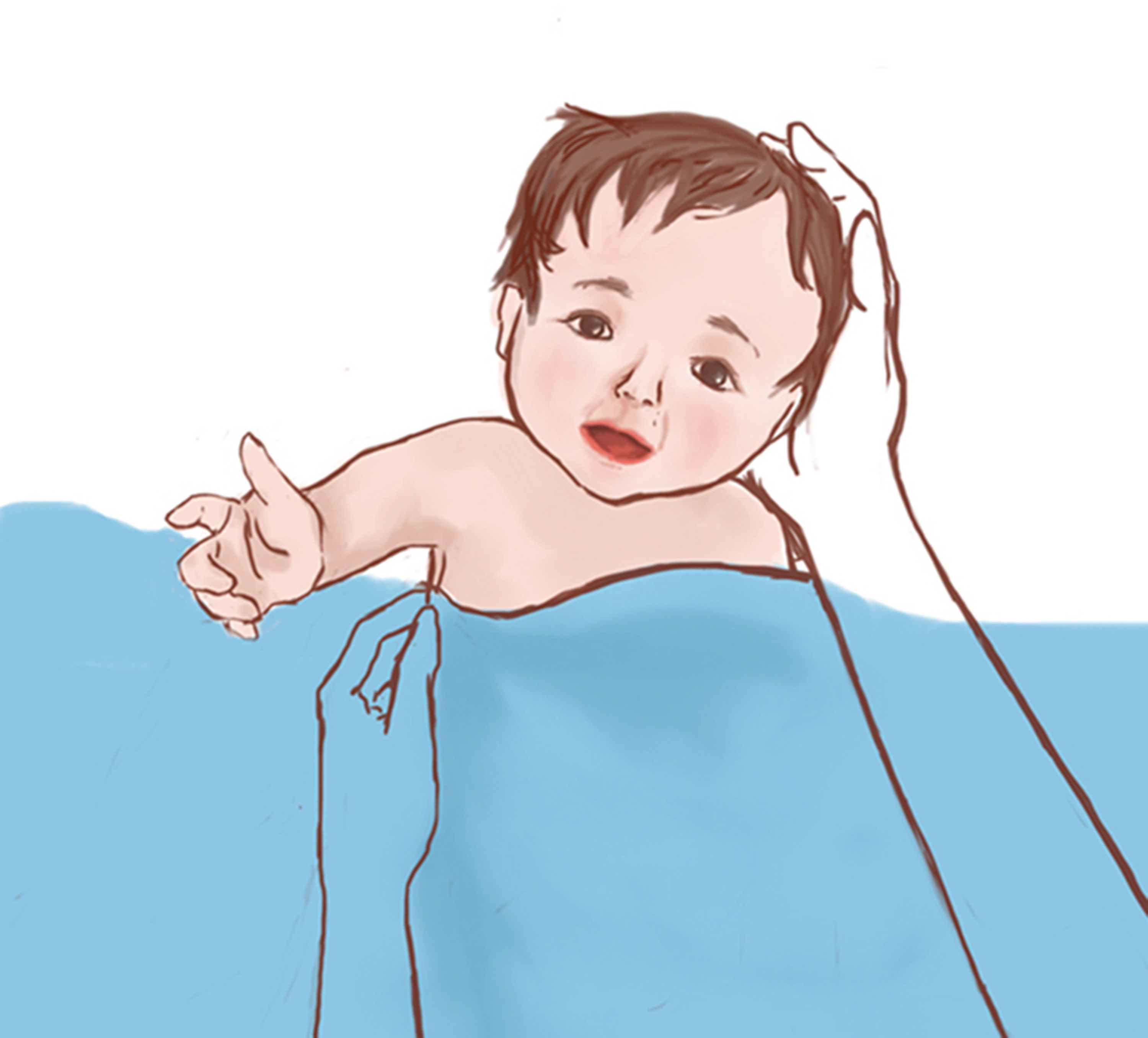Since the 1950s, breastfeeding has been almost a taboo subject in the United States and Canada. A simple Google search of “breastfeeding” shows top news stories of women being shamed by strangers for breastfeeding in public. This negative response might help explain the low rates of breastfeeding in many developed countries.
In the United States, less than 49 per cent of babies ever receive breast milk and in the United Kingdom, only 34 per cent do. Even more striking, only 17 per cent of American women and one per cent of British women. follow the World Health Organization’s recommendation to exclusively breastfeed for six months.
According to the United States Department of Health and Human Services, women face a variety of barriers to breastfeeding beyond social stigma and disapproval, including work-related issues, unsupportive partners, and concerns about pain.
However, a study conducted by scientists at King’s College London, Harvard University, University of Bristol, and McGill University have found that breastfeeding can provide a variety of benefits to the child, with no adverse health consequences to the mother.
The study, called PROmotion of Breastfeeding Intervention Trial (PROBIT), began in 1996 and followed 13,000 Belarusian babies from birth to adolescence to examine the effects of breastfeeding on health. Babies in the intervention group received much longer and much more exclusive breastfeeding than those in the control condition.
The most recent publication to stem from this research investigated two outcomes of the breastfeeding intervention—atopic eczema and asthma—analyzed in a follow-up of the subjects at age 16. The study found that the breastfeeding promotion intervention group saw a reduction in risk of eczema, but no difference between the intervention and control group for asthma.
Michael Kramer is a professor and researcher at McGill’s Faculty of Medicine and the Research Institute of the McGill University Health Centre, and the Principal Investigator on the PROBIT study. He has been working on this trial for over 20 years and can attest to the wide range of benefits that breastfeeding accords.
“I’m surprised about the beneficial effect [breastfeeding] had on cognitive ability with no similar effect on behavior such as depression, problems socializing, and ability to pay attention,” Kramer said. “There was a general effect on brain development but not on behavior. Also, this [finding] in the paper was surprising to me because the kids that had eczema at age 16 were not the same [ones] that had it early in life.”
Indeed, as Kramer explained, other benefits to breastfeeding included higher verbal IQ at six and a half years old, significant reduction in gastrointestinal infection in the first year, and likelihood of atopic eczema in the first year of life as well as during adolescent years.
Researchers saw no negative health effects of breastfeeding on the mother. There was no difference in blood pressure, body fat, or body mass index between the mothers in the control compared to the intervention group.
As to why breastfeeding could protect from eczema, even 16 years later, Kramer is not quite sure.
“There are many components in breast milk that affect the immune system and is responsible for protective effects against infections,” Kramer explained. “Oligosaccharides, sugar molecules found in the breast milk, can bind to virus and bacteria. There are also antibodies, lymphocytes, and lactoferrins, but how these molecules might protect against allergic disease including eczema is not well understood.”
The PROBIT study gives yet another reason, besides courtesy and respect, to not criticize women who breastfeed in public. Women should not have to be ashamed of breastfeeding their child or have to hide in bathrooms to avoid negative remarks. Those who decide not to breastfeed should, however, also not fear the reprimand and haughty remarks of mothers who do. However a woman chooses to feed her child, her decision is her own and should be respected.









My baby has a bad case of eczema and it drives us up the wall (started during the winter last year). I really wanted to avoid topical steroid use but I couldn’t. Then, I found foderma serum. I’m not going to say that I can totally avoid steroids because sometimes, she experiences really severe flares. However, I’m able to use less steroid creams and her skin stays softer and less irritated overall. I’ve had an amazing experience with foderma serum.